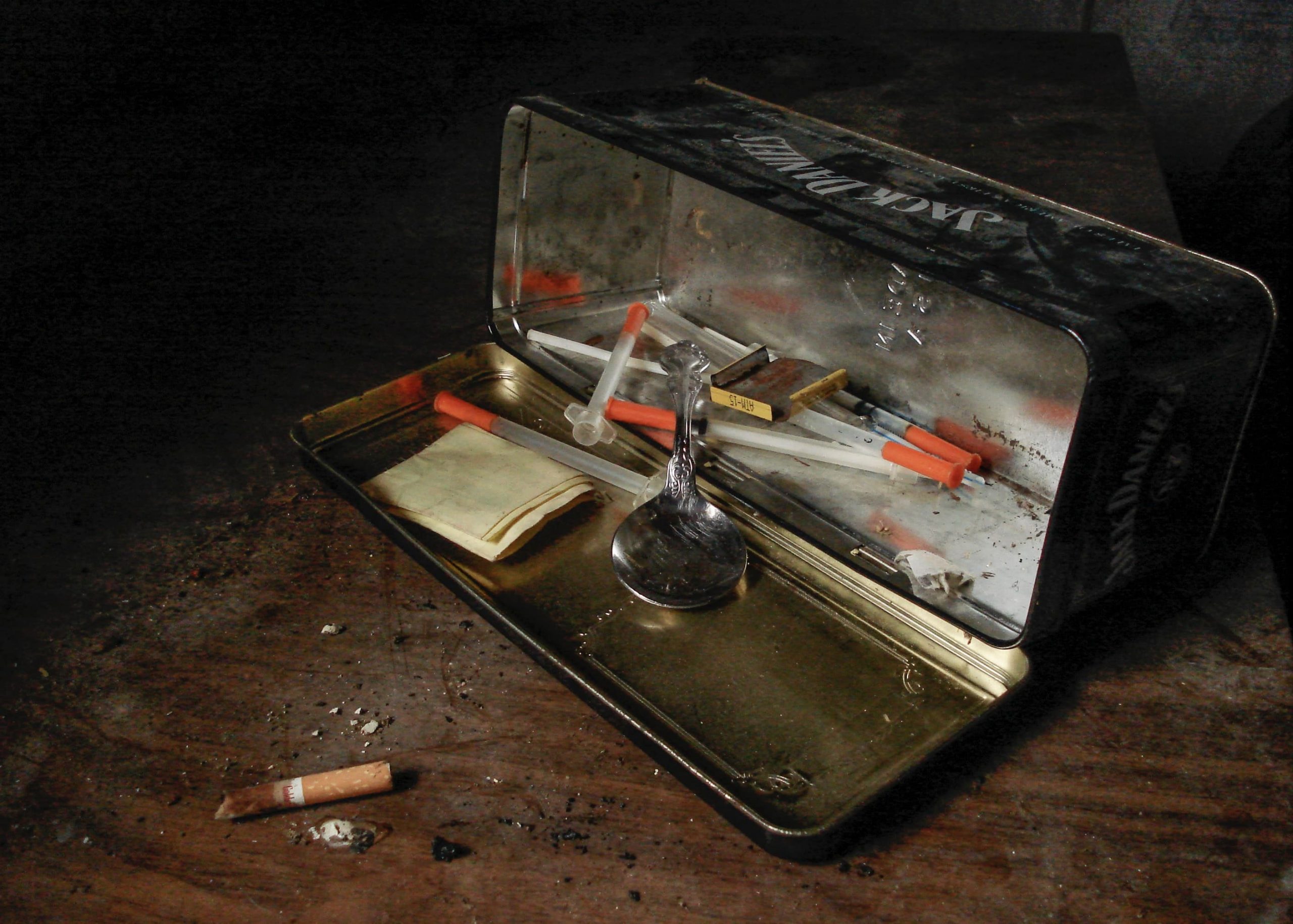Everyone longs to have respect from family, friends and co-workers. Unfortunately, many people try to teach respect rather than earn it. Albert Einstein, who was likely one of the most respected scientists who ever lived, stated, “I speak to everyone in the same way, whether he is the garbage man or the president of the university.” Anyone can spout rules about respect and list various ways that a person should show respect. Giving lectures on the subject will only lead to boredom, if not a healthy dose of disrespect for the lecturer. Sadly, some in the world believe that using verbal or physical force will gain the respect they feel that they deserve. However, this only leads to disdain and bitterness, the opposite of what the person wanted to attain.
Modeling Respect by Example
Writers are often advised to “Show rather than tell” their story. A reader doesn’t want to be “told” a story. They want to see the characters in vivid color; they want to be drawn into the scene in a way that helps them feel that they are really there. They want to connect with the characters and see what they see, smell what they smell and feel what they feel.
The same principle applies to respect; it is something that is gained through example. Only by showing respect to others will you gain respect for yourself. Practice integrity; showing honesty and sincerity helps us connect with those around us. Humility demonstrates to others that they are important enough for you to put their needs first. Being dependable will help you earn the trust of even the strictest of persons. Giving to others with a willing spirit of generosity not only shows kindness, but brings a certain positive spirit between people that becomes contagious.
Six Guidelines for Teaching Children Respect
When it comes to parenting, teaching children the meaning of respect takes on a whole new meaning. The following six tips can provide you with some solid guidelines:
- You are the parent; you should not be a “friend” to your child. He or she needs to treat you and others with respect.
- Model appropriate social interaction, such as saying “please” and “thank you.” These basic skills will help your child in the real world.
- Agree with your partner about respectful behavior of others, even if you are no longer together. A united team front can make all the difference when it comes to teaching respect.
- Nip disrespect immediately so that the bad habit of disrespect doesn’t entrench itself within your child. Set clear and firm consequences for violations, but encourage respectful behavior.
- Treat your teen with respect when you reprimand him or her. If you remain in control of your emotions, he or she will react accordingly. Use mistakes as teachable moments instead of shouting.
- Remain objective if a situation escalates. Process through the situation later so that you both have a chance to appropriately express your emotions.











0 Comments